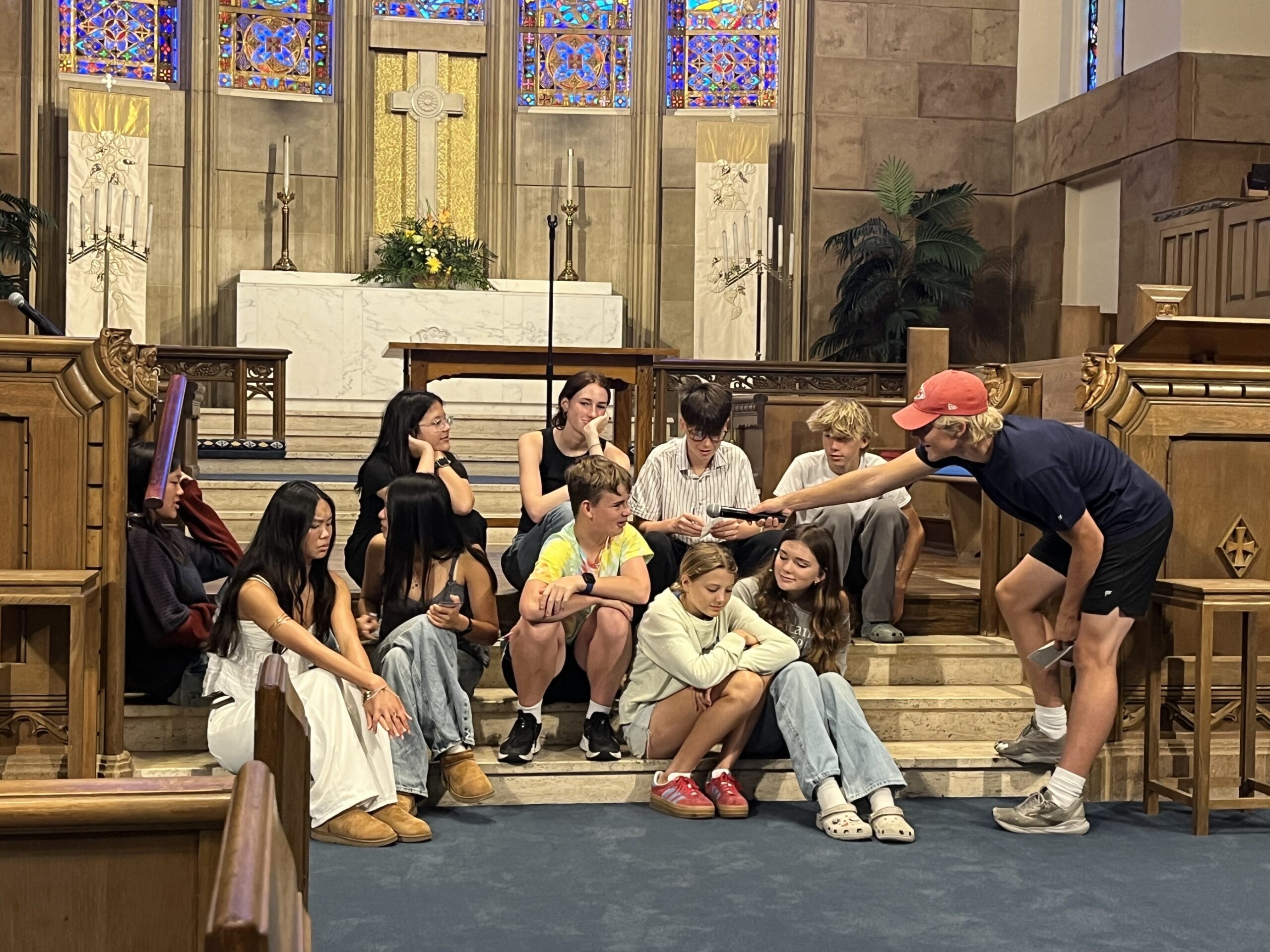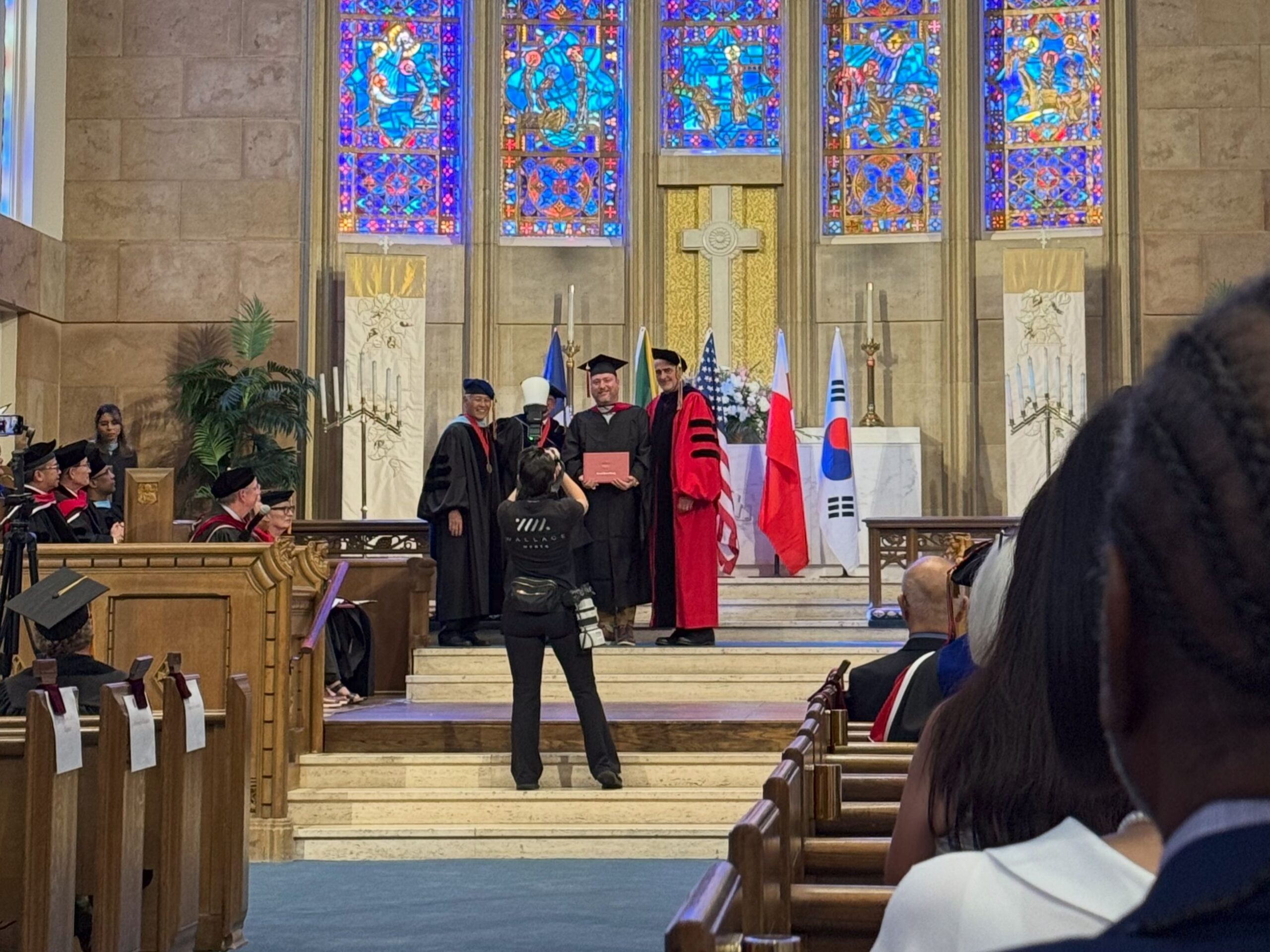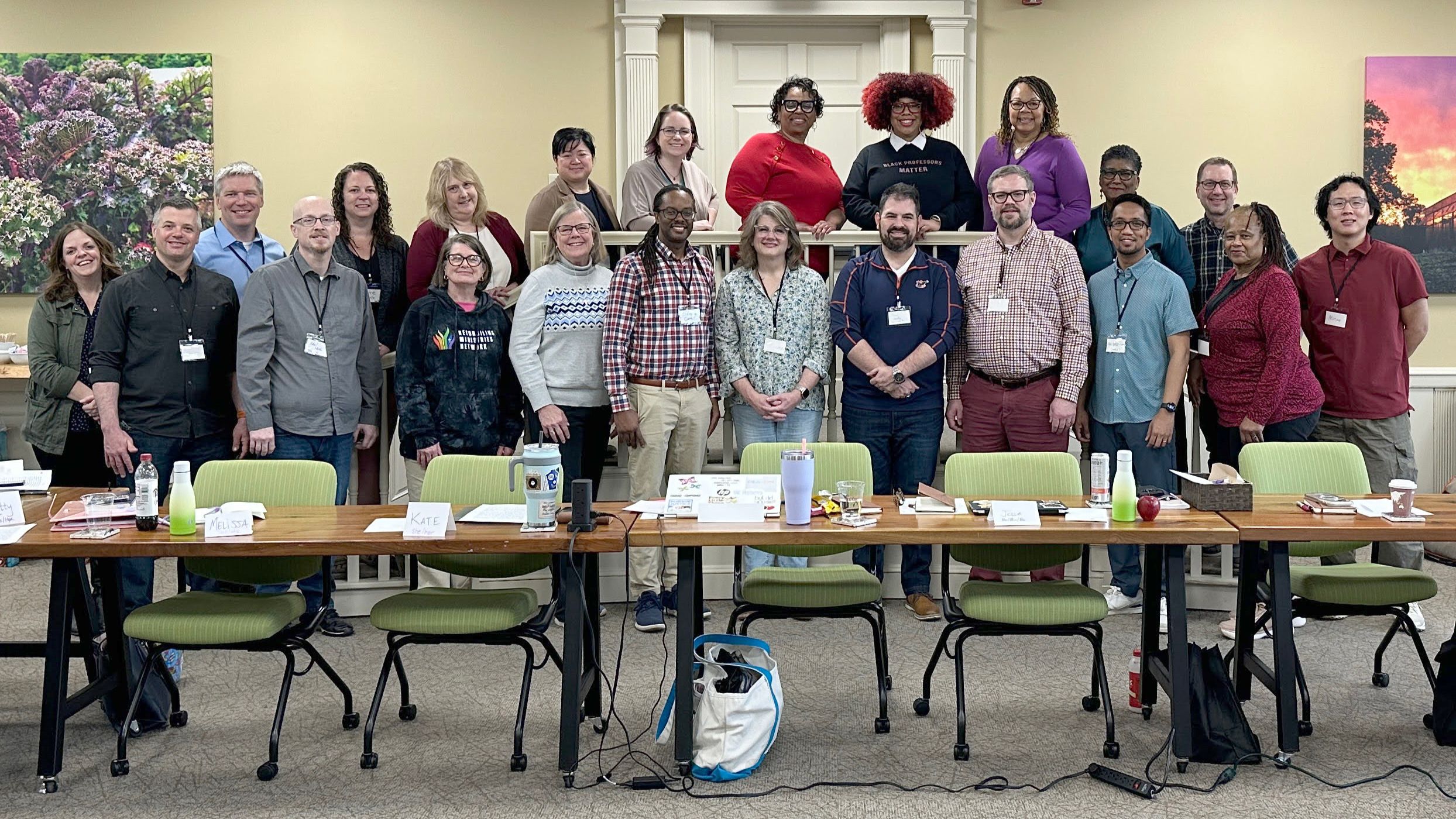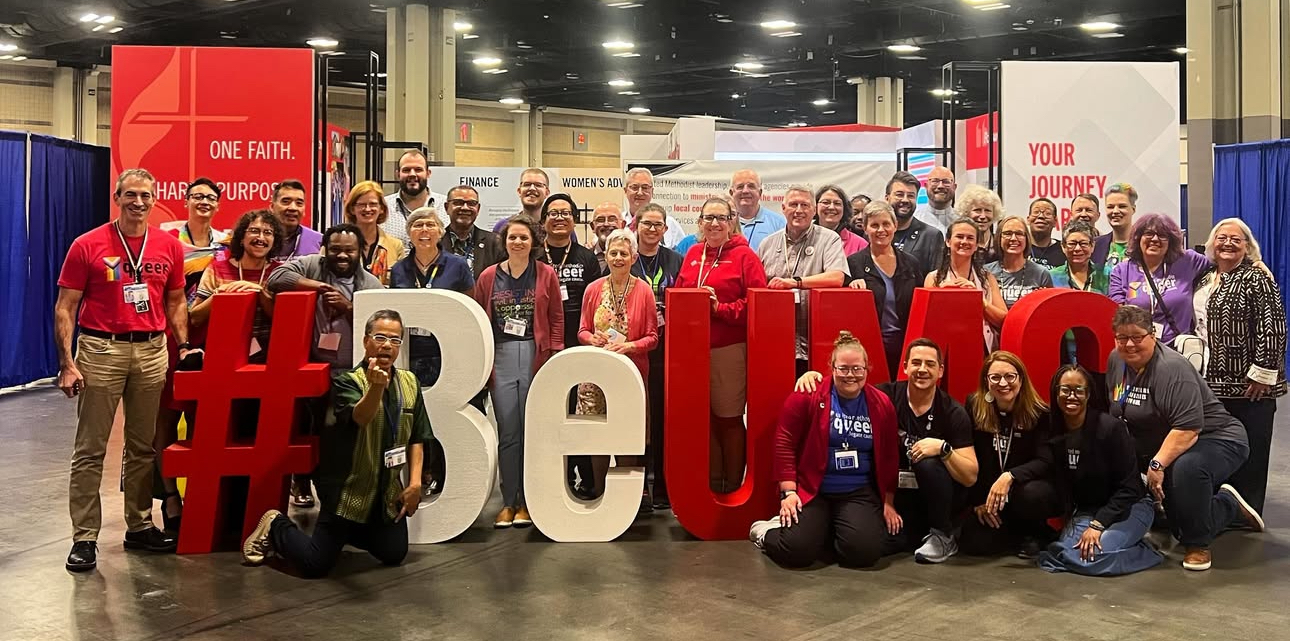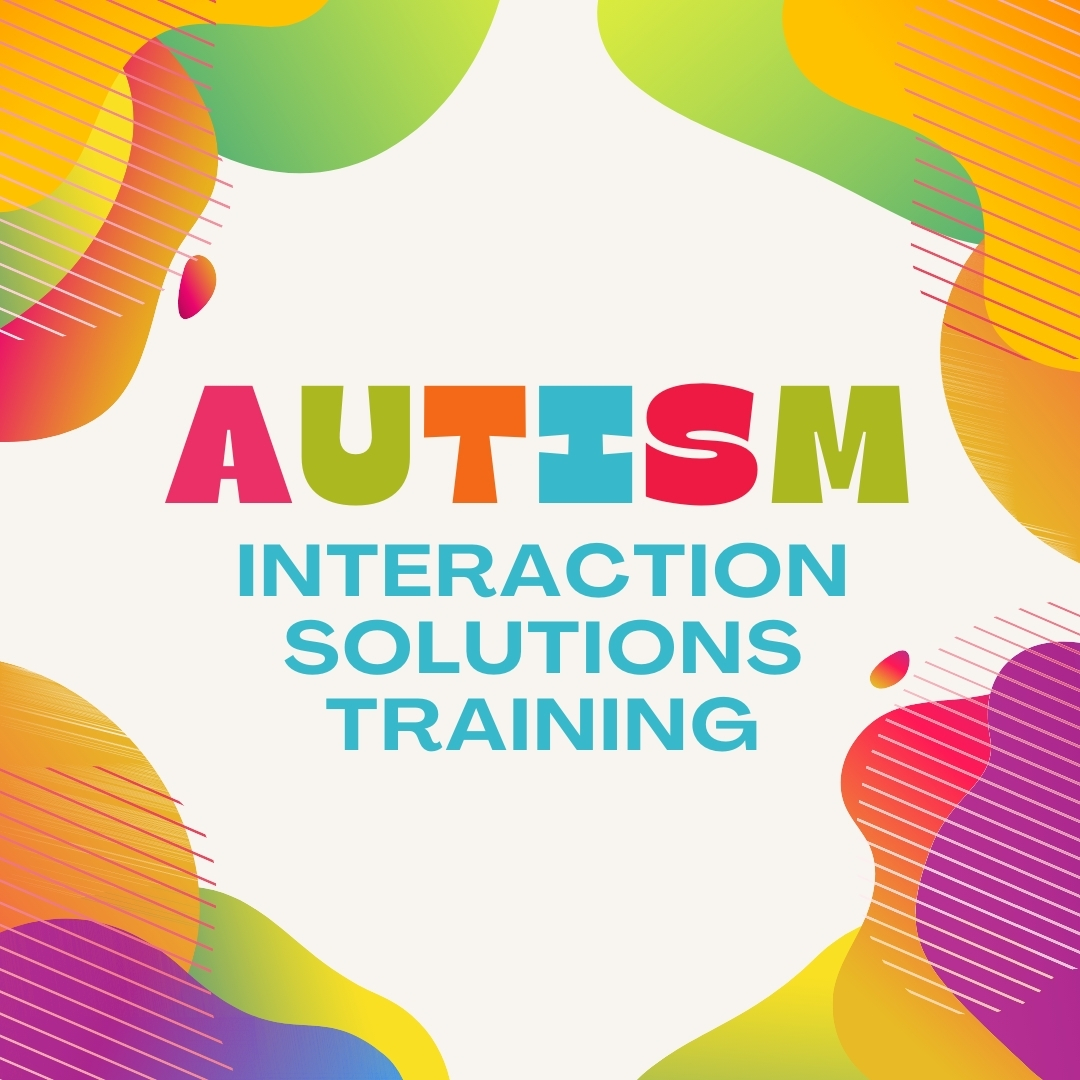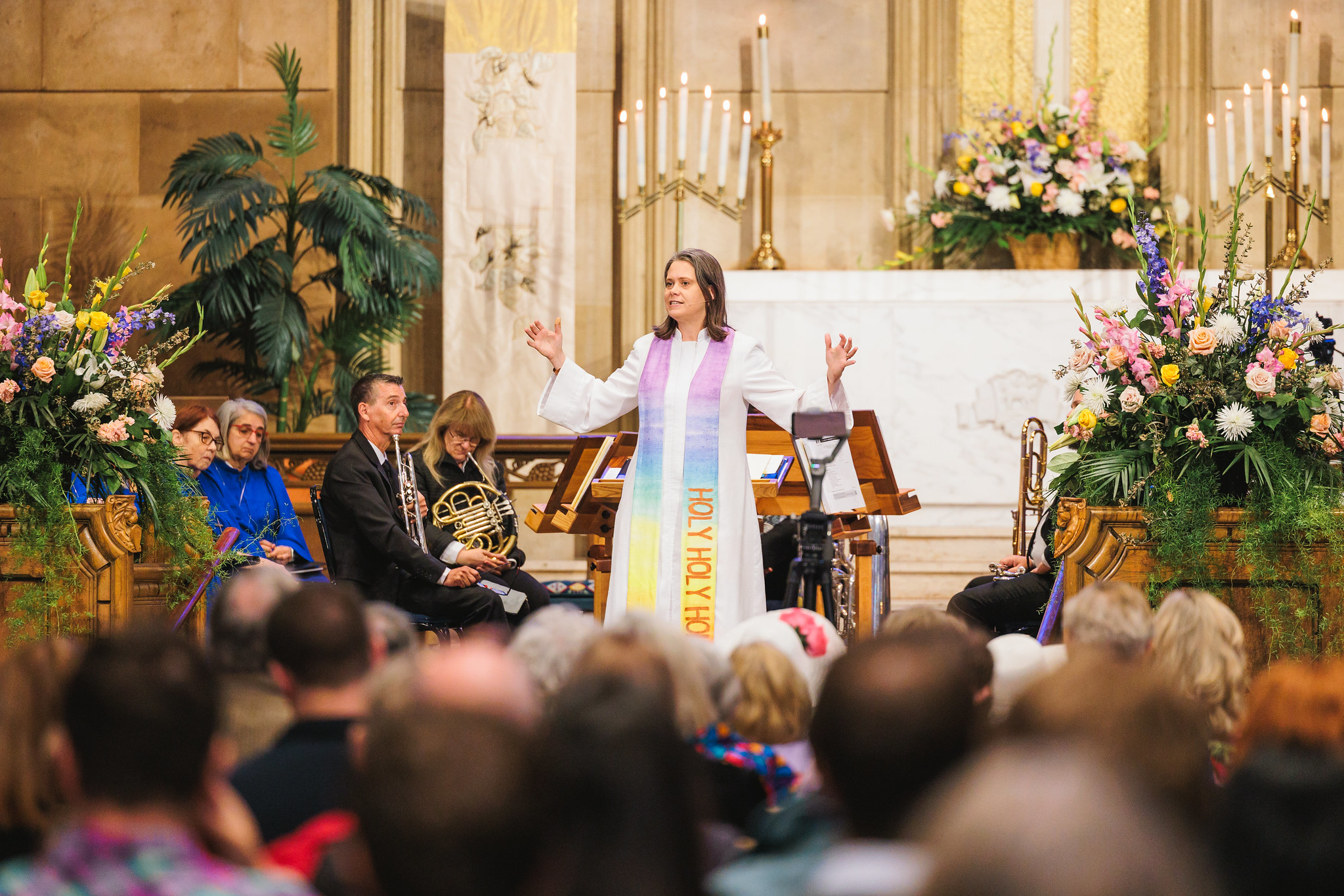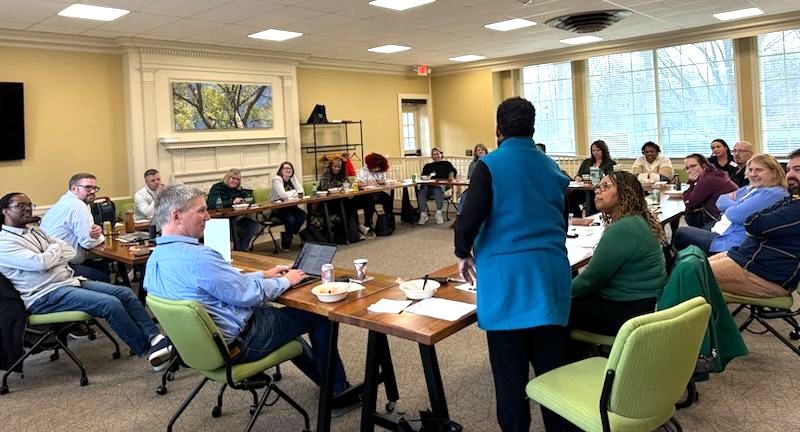Dear Westwood Family,
I love being a parent—most of the time. Isaiah is a great kid, and Gabrielle and I having a child is one of the reasons why I believe in miracles. However, being a parent or a child is increasingly challenging. Collectively, the three of us face challenges that neither my parents nor I faced during my childhood. The question I am left with is, what ought the church do about the challenges families face today? In Christian Ethics, the word “ought” signals moral obligation, and to be sure, I believe we have a moral obligation to attend to the unique challenges families face today.
The US Surgeon General Dr. Vivek Murthy has spent the better part of his second stint as surgeon general examining the mental health crisis among children. He was instrumental in the Centers for Disease Control and Prevention (CDC) 2022 report highlighting a steep decline in teen mental health, with more than 1 in 3 students feeling persistently sad or hopeless. Mental health outcomes were worse among BIPOC and LGBTQ youth. Moreover, research also shows that nearly half of children with mental health disorders do not receive care due to disparities and a lack of policies and infrastructure that prioritize well-being.
To be sure, parents are stepping up, advocating, and demanding that institutions shift their pedagogical approach and programs to meet children’s current social, emotional, and mental health needs, as well as their intellectual needs. However, this level of vigilance and advocacy has taken a toll on the mental health of parents as well. The cultural assumptions that we should be constantly available to our children or that the parents should be able to “handle” their children on their own, even if they are disabled and/or neurodivergent, are some of the root causes of this mental health crisis. Dr. Murthy has recently issued a public health advisory regarding the serious mental health challenges parents are facing as well. Forty-eight percent of parents feel overwhelmed by stress, and 65% feel lonely and isolated.
Most of the research in the articles linked to this pastoral note references the importance schools and other institutions can play in meeting the needs of children and their parents. So, let’s return to the question that I raised at the beginning of this note – what ought our church do to help meet the needs of the parents within our community? I would love to hear your thoughts and invite you to email me your suggestions! One suggestion I would like to make is that we, as a faith community, work on expanding the notion of parenting beyond the one or two-parent model that American culture has lauded as the ideal since the 1950s. One of the ways that Gabi and I have felt most supported by the community at Westwood is that when I call and ask for help with Isaiah, people show up (you know who you are!), and I cannot express how much just showing up has made our lives easier. We couldn’t be the parents that we are without the additional aunts and uncles that we have at Westwood.
How might we expand this practice of presence within our community? To be sure, I had to get over the idea that we could (or should) do everything on our own. I had to let go of the idea that asking for help meant that I was failing as a parent. Our internalized shame of “needing help” can manifest in how we judge others when they “can’t control their kids” or ask for help. In these moments, we should take a U-turn and tend to the reactive parts inside of us that led to these judgmental feelings because they need to be held in compassionate care. Once they are settled, we will find that our souls are again open for compassionate connections that empower us to build families beyond our genetic kin. The church should help create these communities of care because we already see ourselves as a family within the community of Christ.
May God grant us the strength and courage to help create the community that we need, the community that we long to become. Amen.
In Love and Solidarity,
Rev. Dr. Carter


